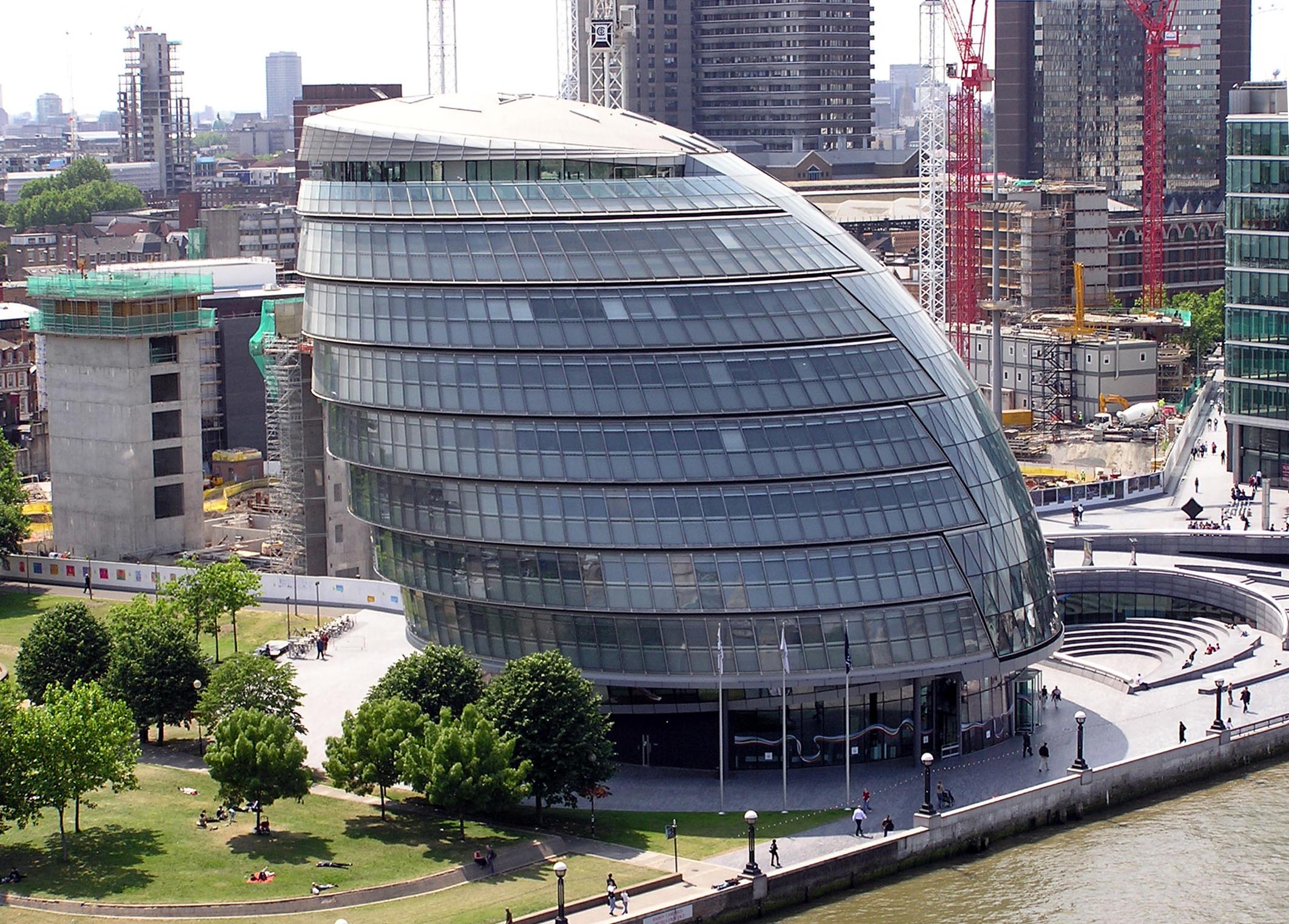I took part today in a workshop organised by the London Collaborative which brought together a delegation of 25 senior officials from Beijing and members of the collaborative from boroughs, thinktanks, third sector and private sector organisations.
Mary Ney, chief executive at Greenwich kicked the event off. Greenwich has been doing some joint work with the Xicheng district of Beijing, sharing learning about regeneration and the Olympics. The council has been promoting Greenwich as a tourist destination and working with Chinese businesses successfully to secure inward investment in the borough’s new commercial district. Given the current economic climate, such initiatives are particularly valuable.
Phil Copestake of the Office of Public Management then described work that the London Collaborative did earlier in the year to develop six different scenarios for the future development of the capital in the years leading to 2023. He outlined three key issues which were felt to be at the heart of London’s future:
-
population growth
-
economic growth/decline
-
community ties
The challenge for London, Phil, suggested would be to get the balance right between economic development, cultural dynamism and improved well-being. London public services needed to develop strategic capacity, be resilient and collaborate to tackle the challenges ahead, he said.
There was an interesting discussion about whether the Government is right to respond to the downturn in a way that seeks to maintain current levels of consumption or whether the longer-term solution is to accept that in the future we will need to live differently, more modestly. Phil suggested that it was possible that we would be poorer but happier. This triggered a question from one of the Beijing delegates, querying what evidence there was that people who are poor feel happier.
Brigitte Gohdes of the London Collaborative then described the four key challenges facing London which had been identified by borough chief executives earlier in the year. Following her presentation we split into four workshop discussions. As things turned out I was the only UK rep on the group discussing the challenges and opportunities in responding to climate change which meant I was fielding questions on a broad range of issues including water conservation and EU emissions policies!
There’s a tendency when discussing climate change for both China and India to be seen as obstructive but it is worth remembering that China has signed and ratified the Kyoto protocol. The Beijing delegates in the workshop were enthusiastic and knowledgable and I certainly got the impression that the environment has become more of a priority in recent years. A key focus is improving air quality and one of the delegates explained how 200 strategies had been produced to tackle this problem, in part by switching from coal to natural gas and moving factories out of the centre of the city. While we are often a bit red-faced about our propensity to produce strategies, it was interesting to see that the ‘200 strategies’ were seen very much to be a positive thing.
Generally as you would expect there is an emphasis on state action. One delegate explained that in parts of Beijing there are already car free days. It emerged that the car-free days are mandatory, which of course is one way of ensuring behavioural change (along the lines of the smoking ban in public places). The Beijing authorities are also doing much to encourage people to walk and to use the public transportation system which is subsidised, and, as in London, gives cheap travel for older people and children.
We talked about recycling. The Beijing officials felt that they were still at the early stages in developing their approaches to recycling and interestingly, they raised the issue of packaging and wanted to know what we are doing in the UK to reduce packaging.
In conclusion we identified three things which we felt were common to both London and Beijing in tackling climate change:
-
promoting a shift in values where people are less focused on consumption and more on quality of life and living in sustainable communities (bicycles not bentleys);
-
the importance of seeing planning to adapt to the inevitable effects of climate change as something that has to be done alongside economic development not as parallel exercises;
-
the importance of establishing industry standards backed up by regulation which reduce emissions.
Both Chen Ling, the Deputy Director fo Beijing’s municipal administrative commission and Hu Yao Gang, a Deputy County Governor, participated in the workshop and seemed interested in the work we are doing on sustainability, especially with regard to transport and recycling and I agreed to send them some material on our sustainability projects.
I guess what I took away from the day was a better recognition that as China industrialises and the people living in its cities start to enjoy the kind of lifestyles that Europeans and Americans have been enjoying for much longer, so we are beginning to question the sustainability of that way of life. And while the scale of the challenges facing Beijing are undoubtedly much bigger than those we face, at least one of the underlying issues is the same – where prosperity means people have increased choices, exercising those choices differently.











